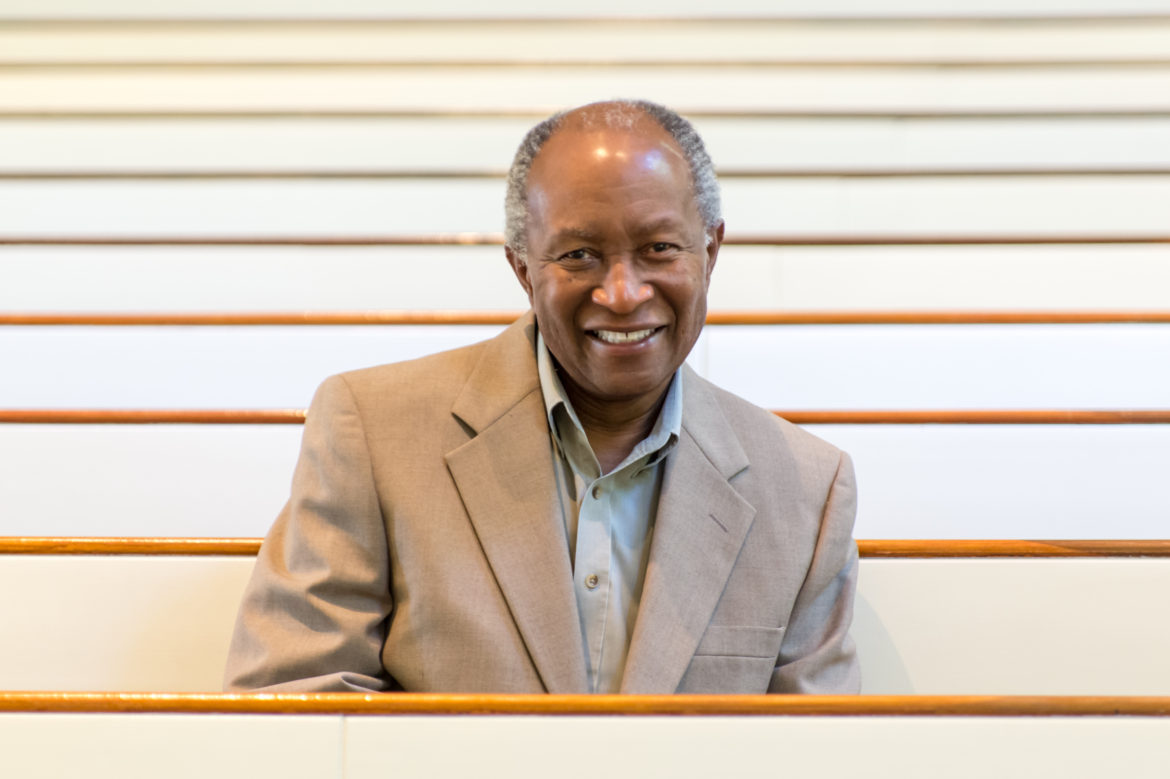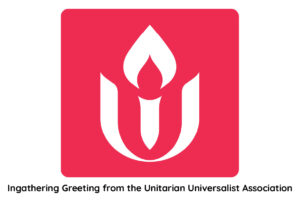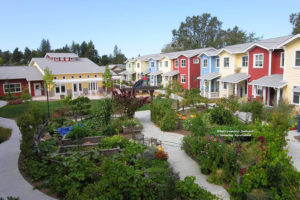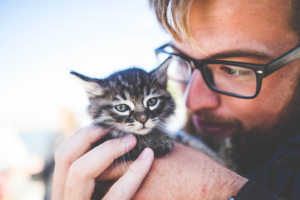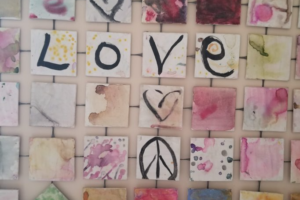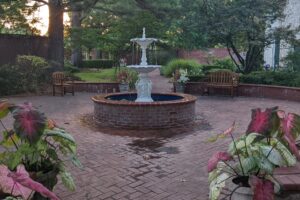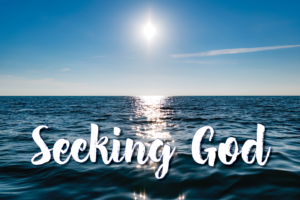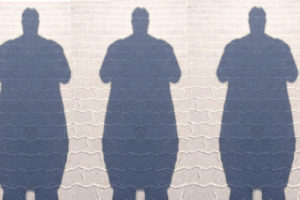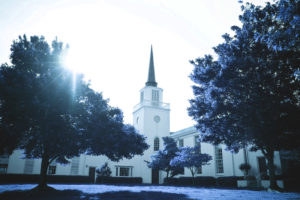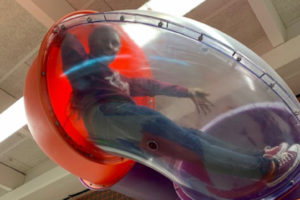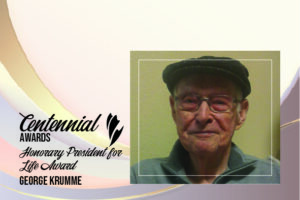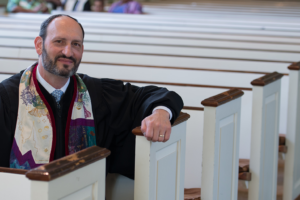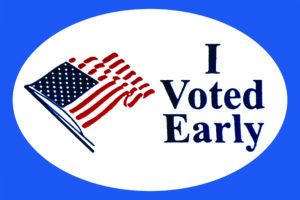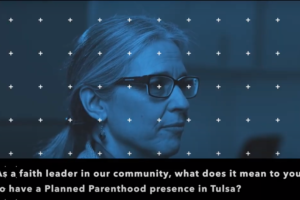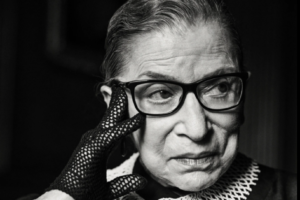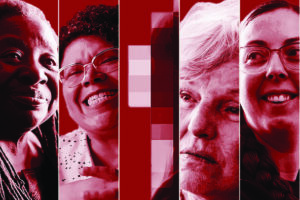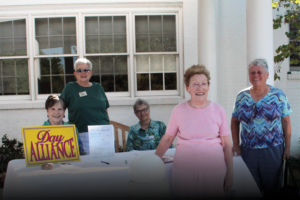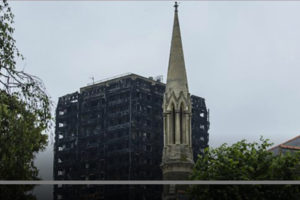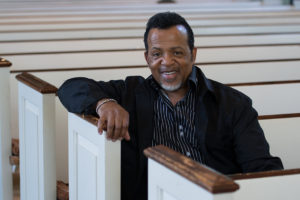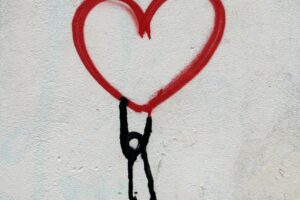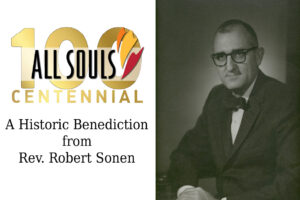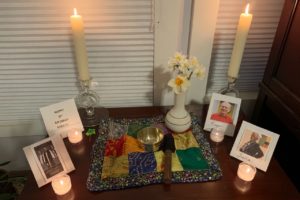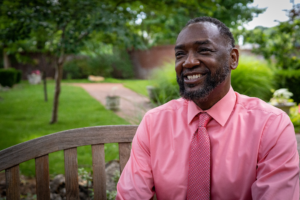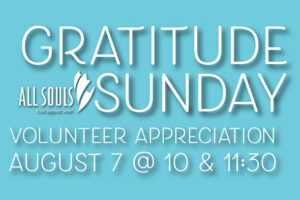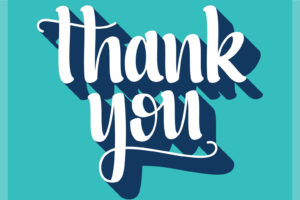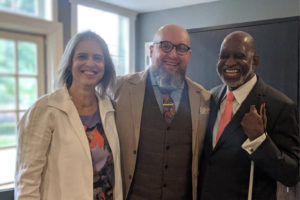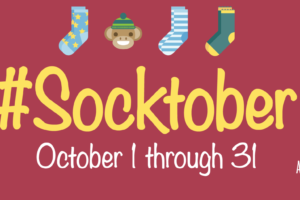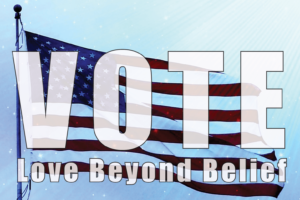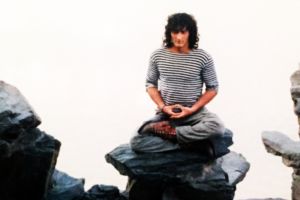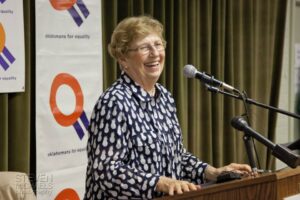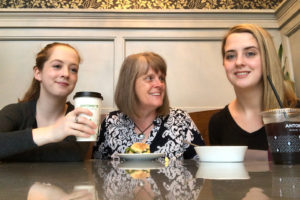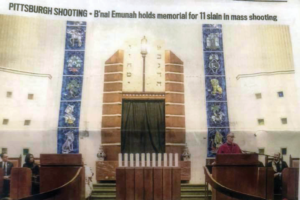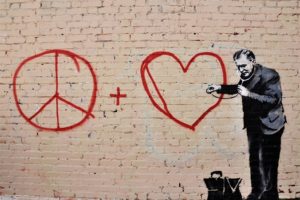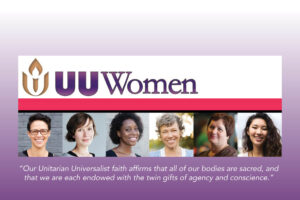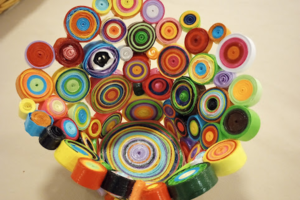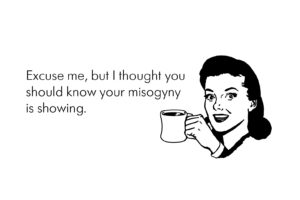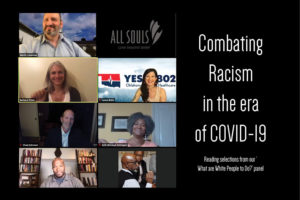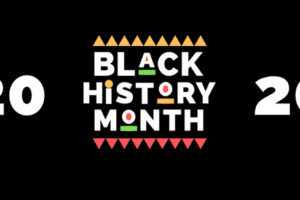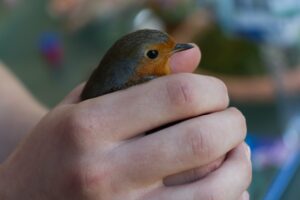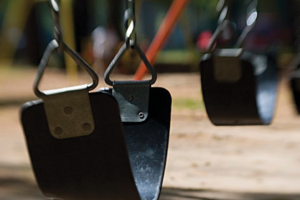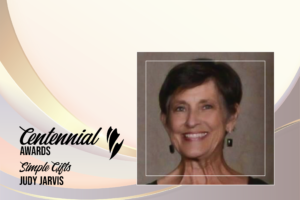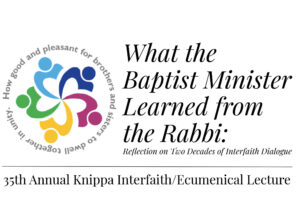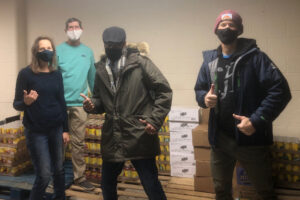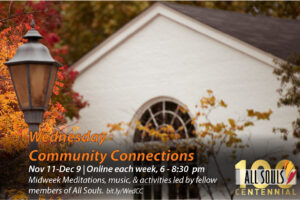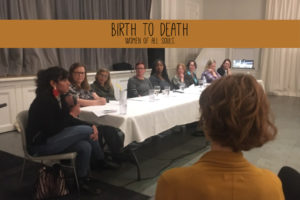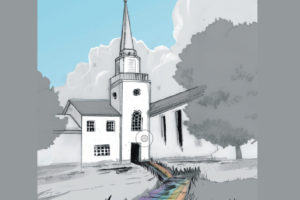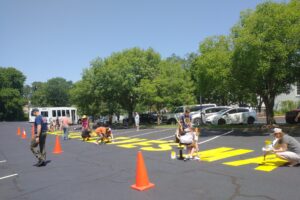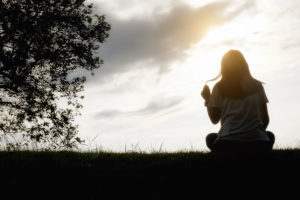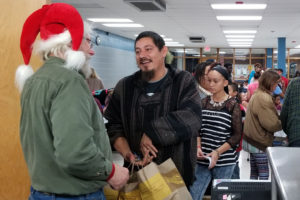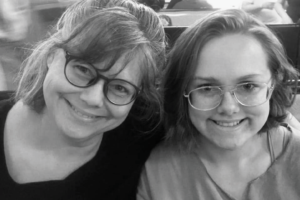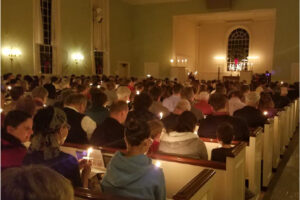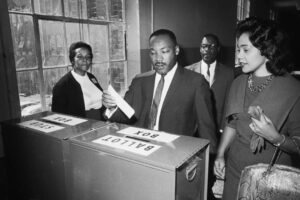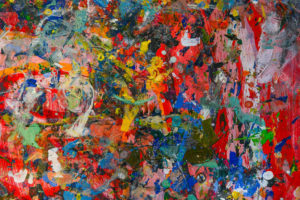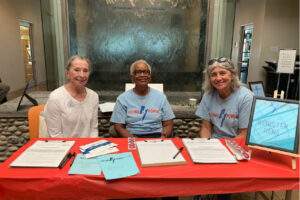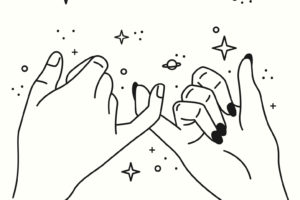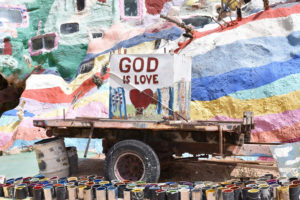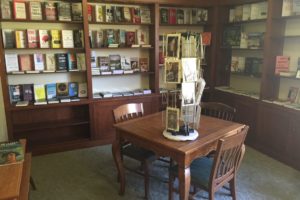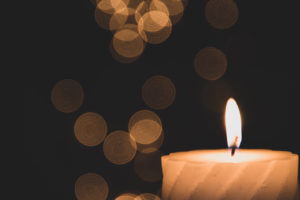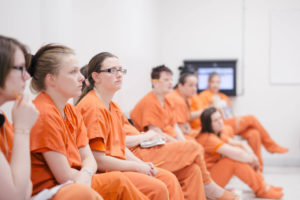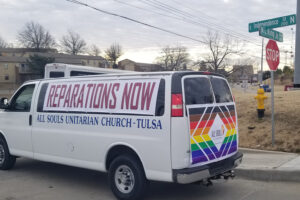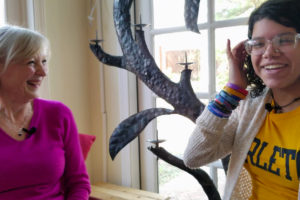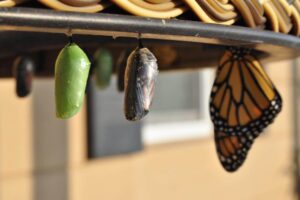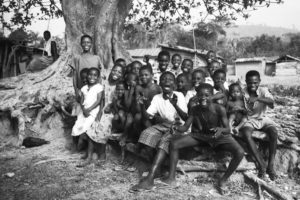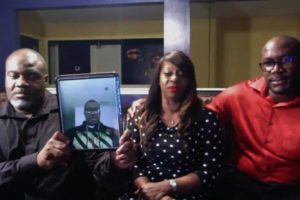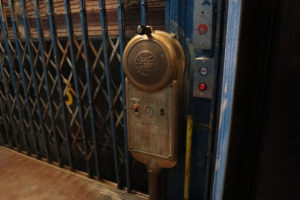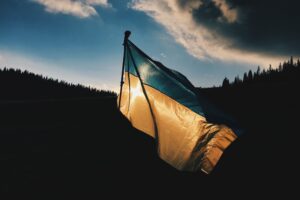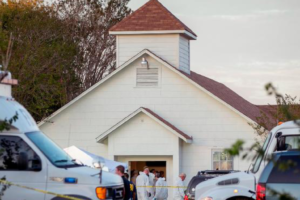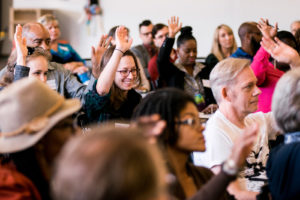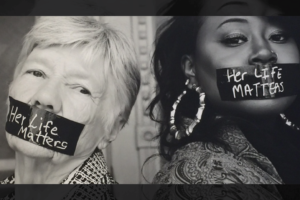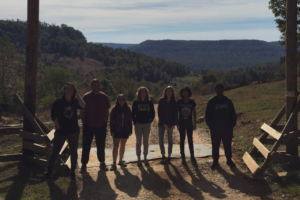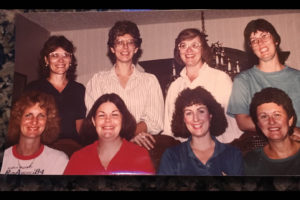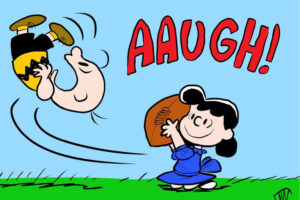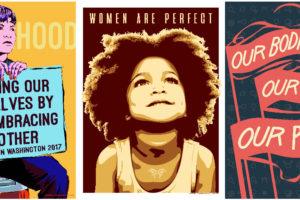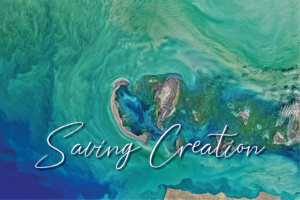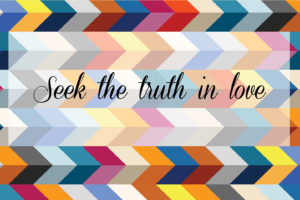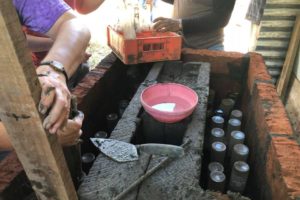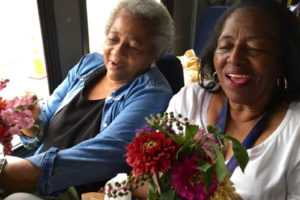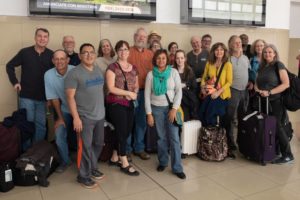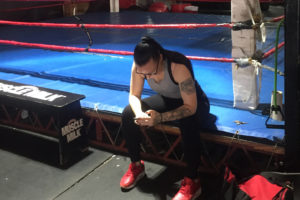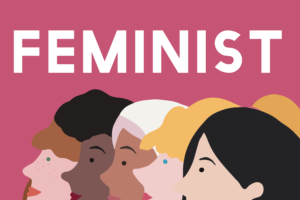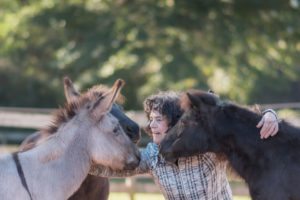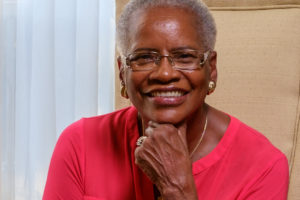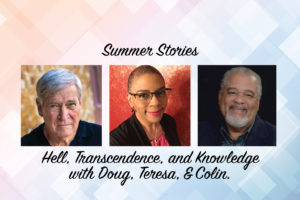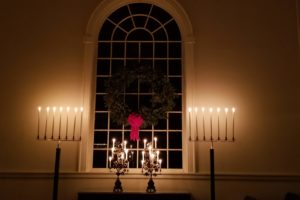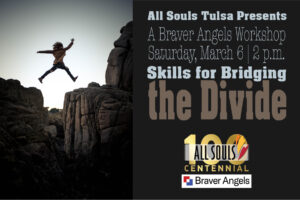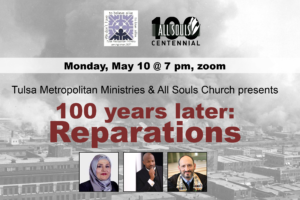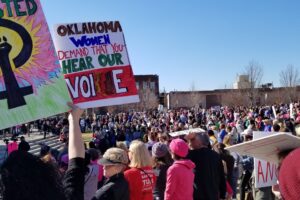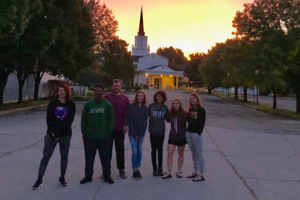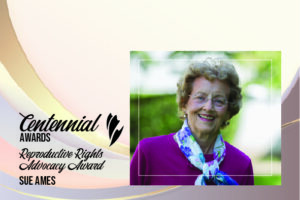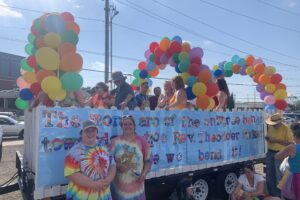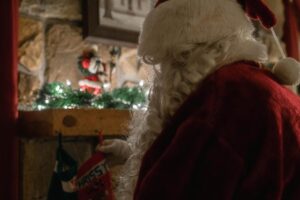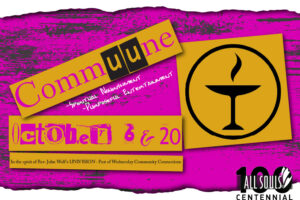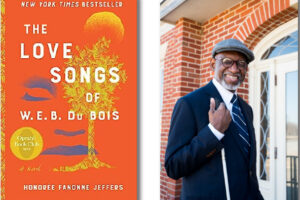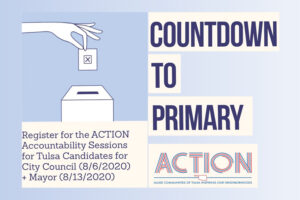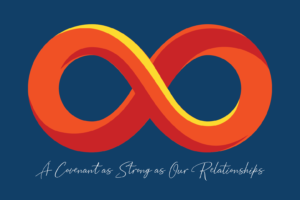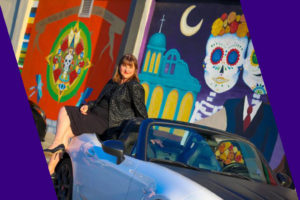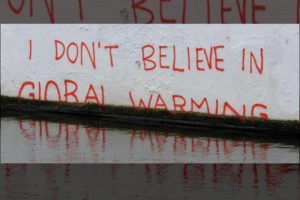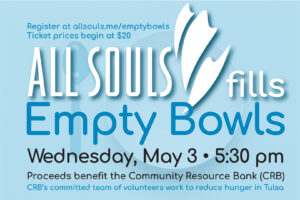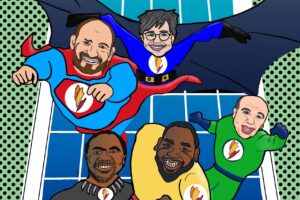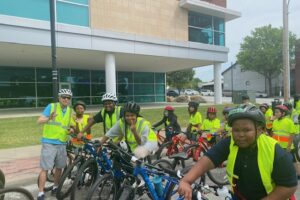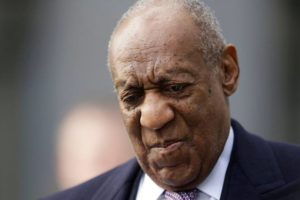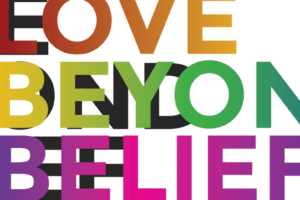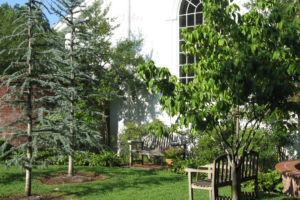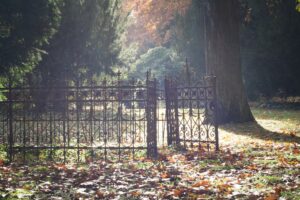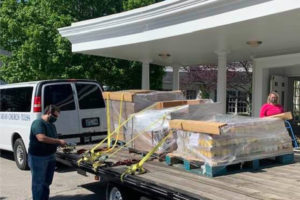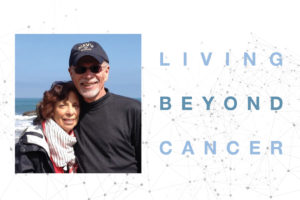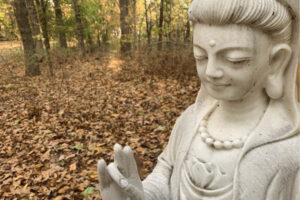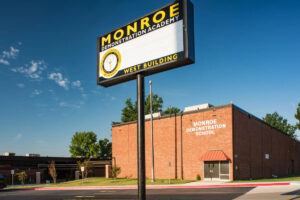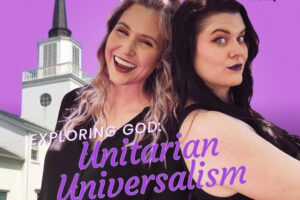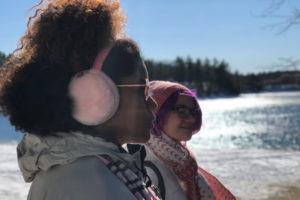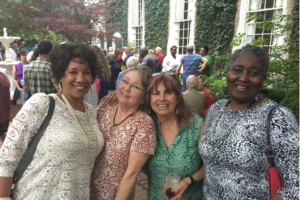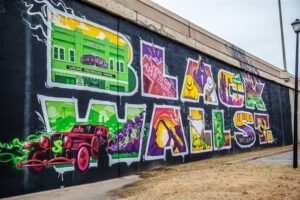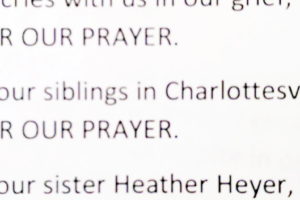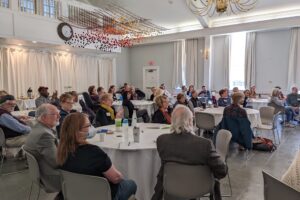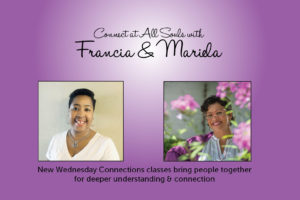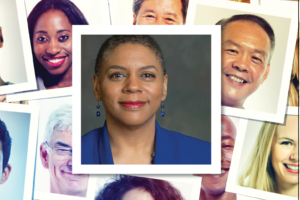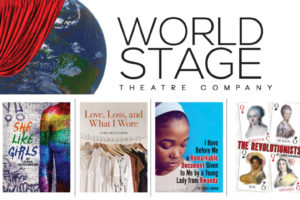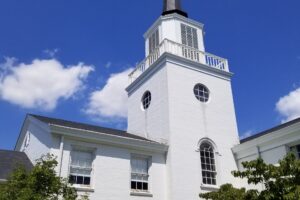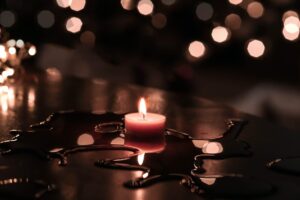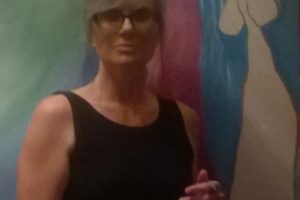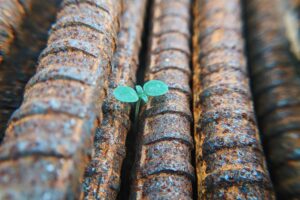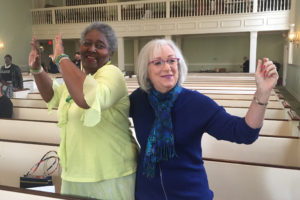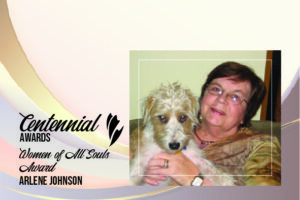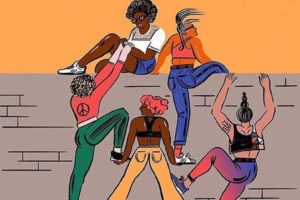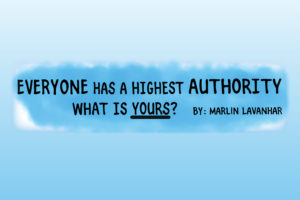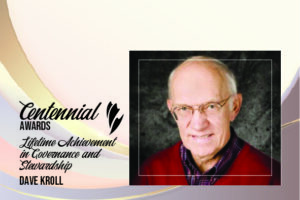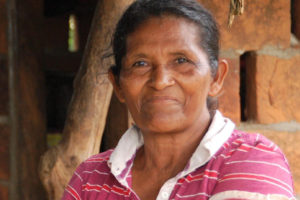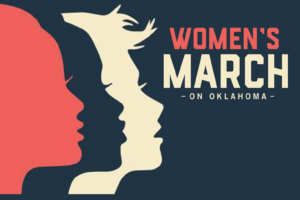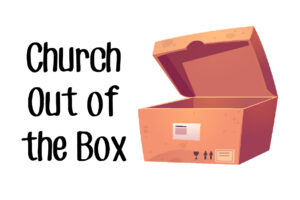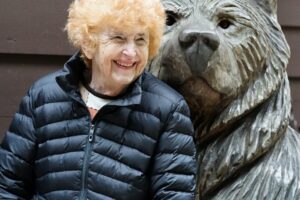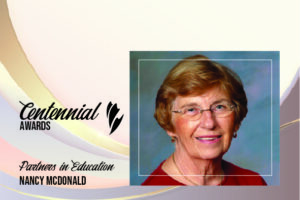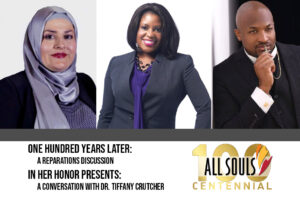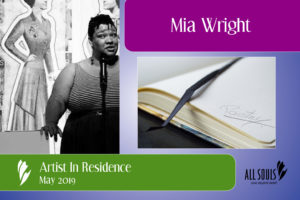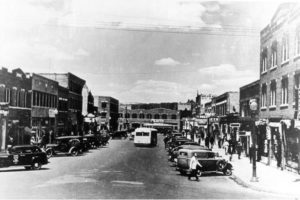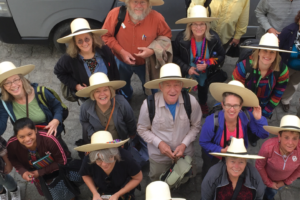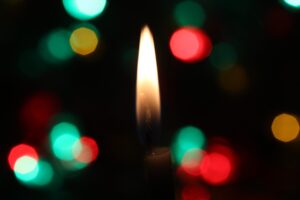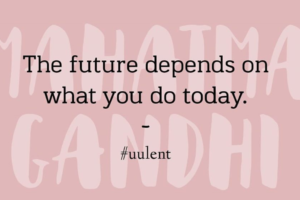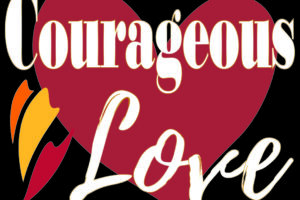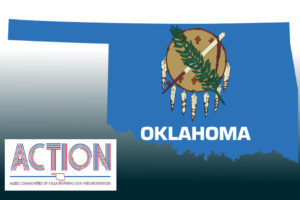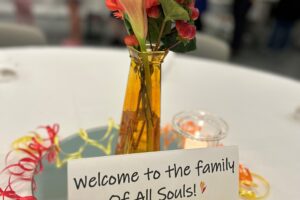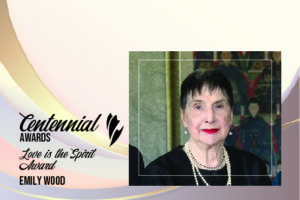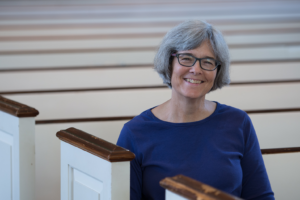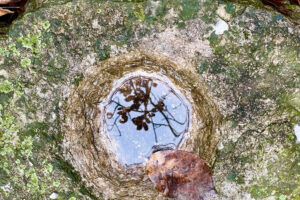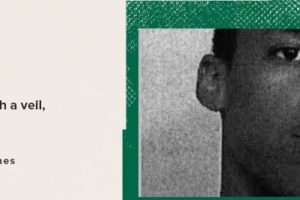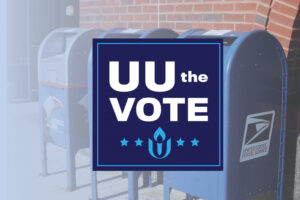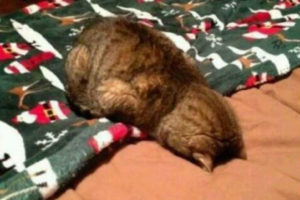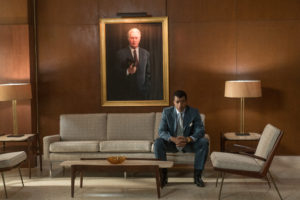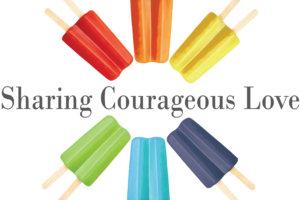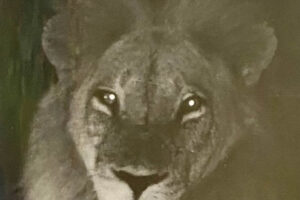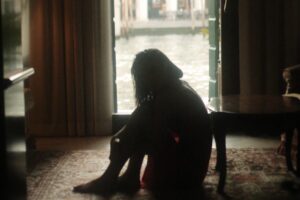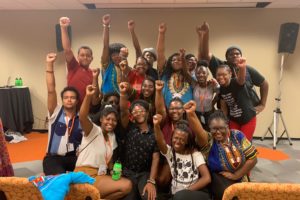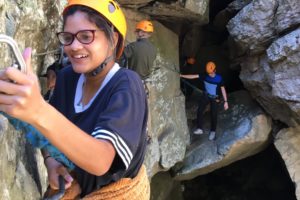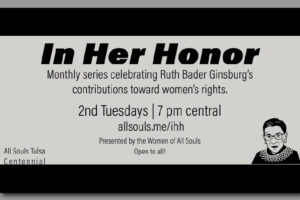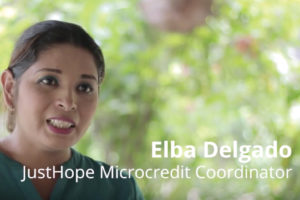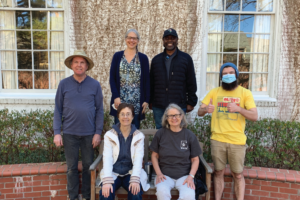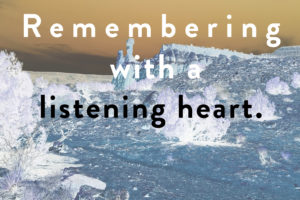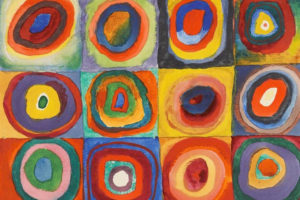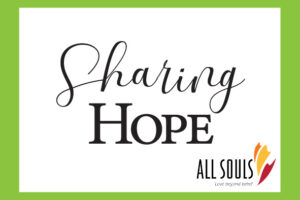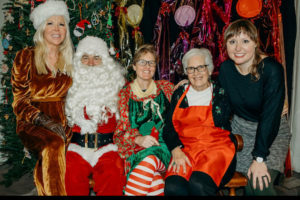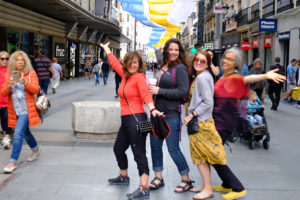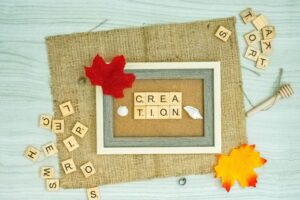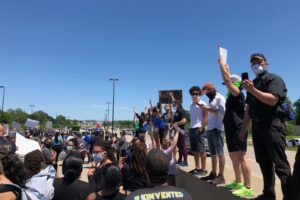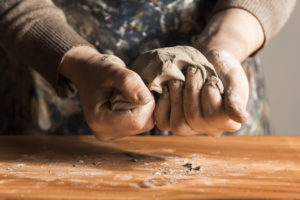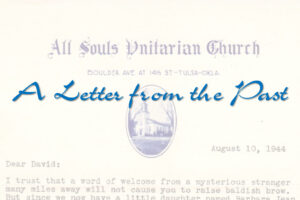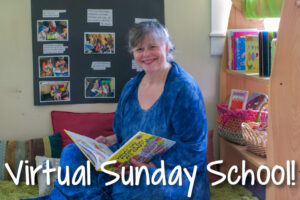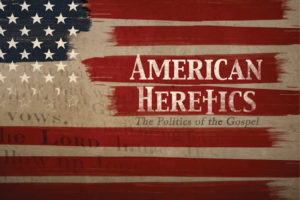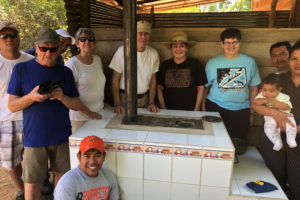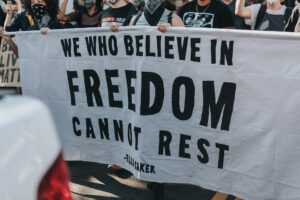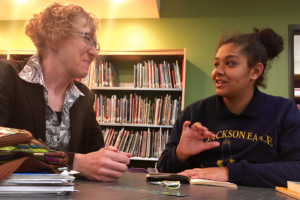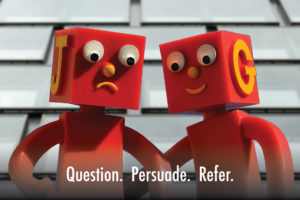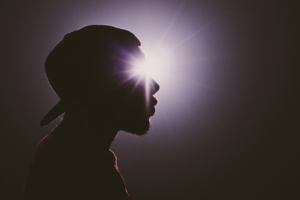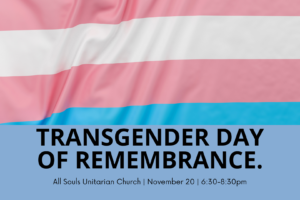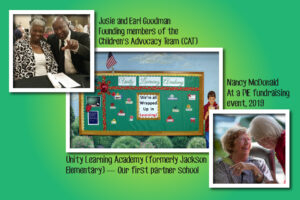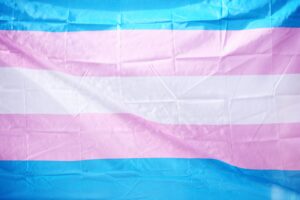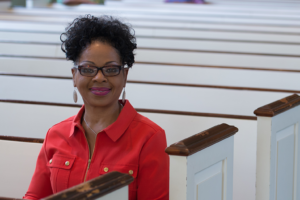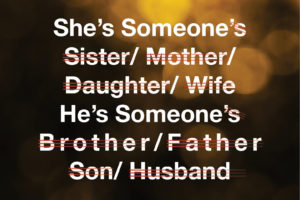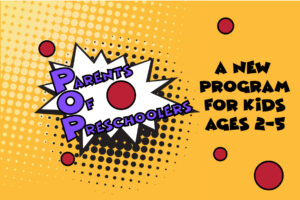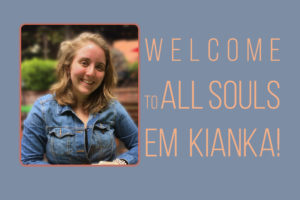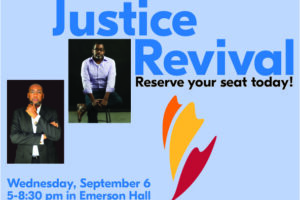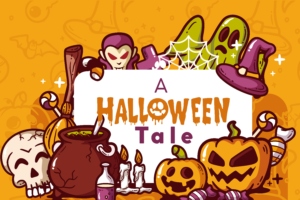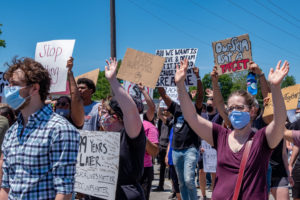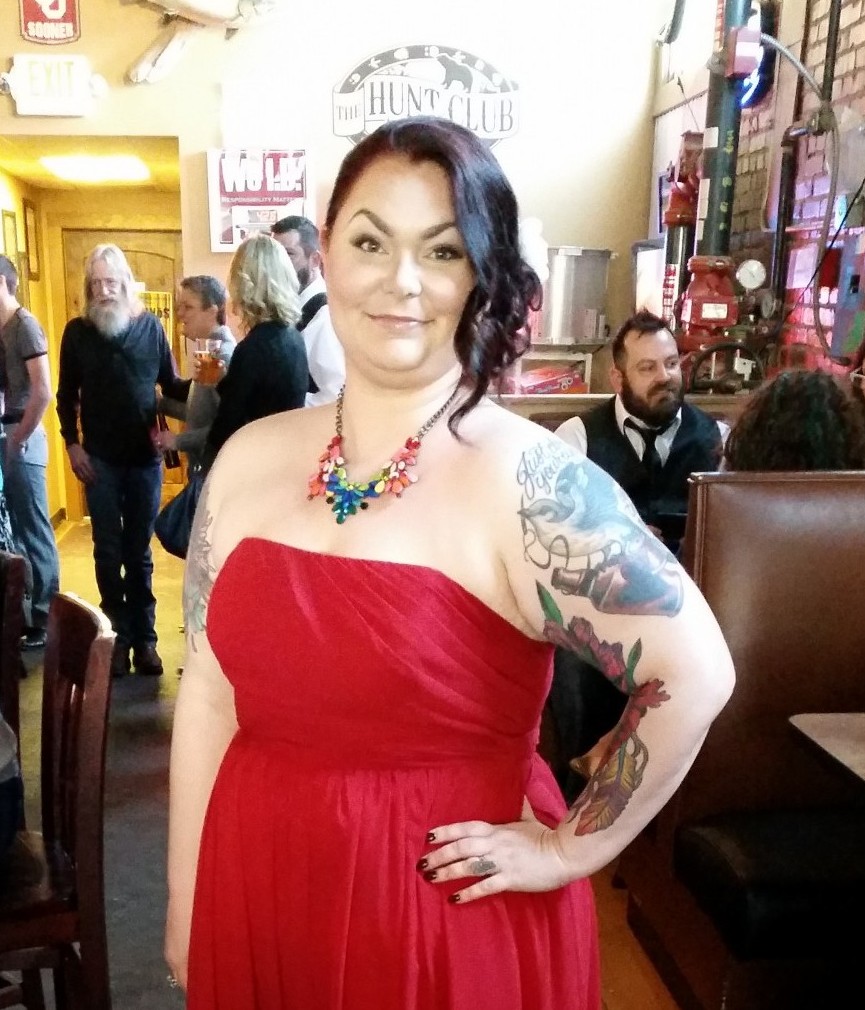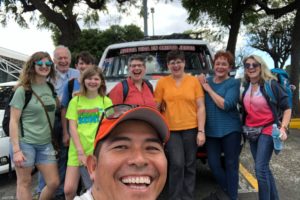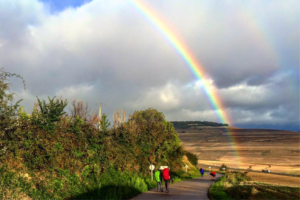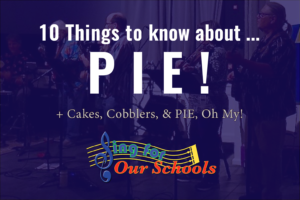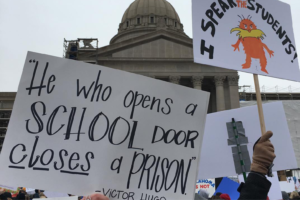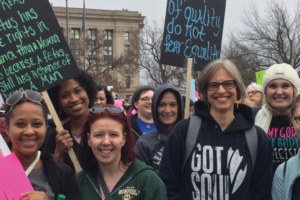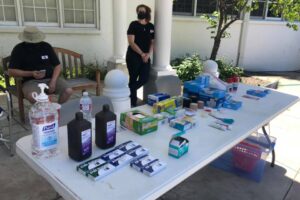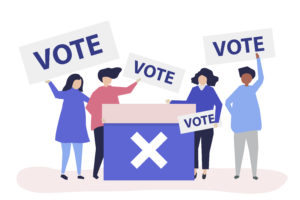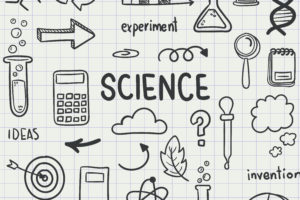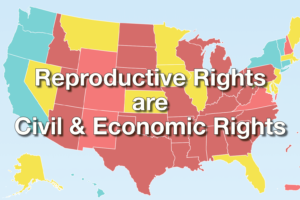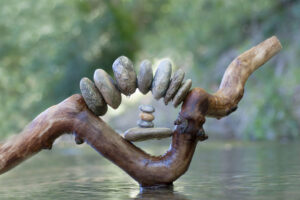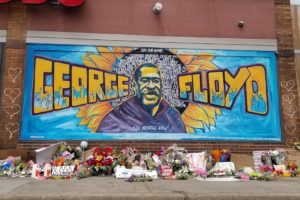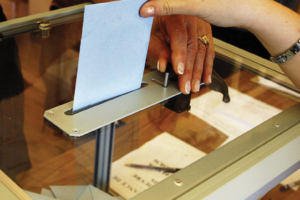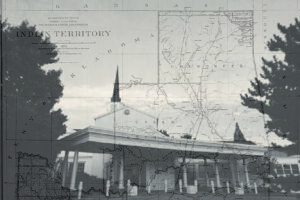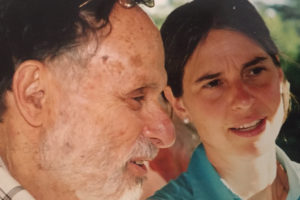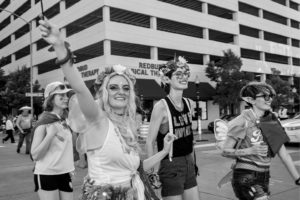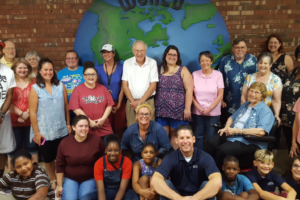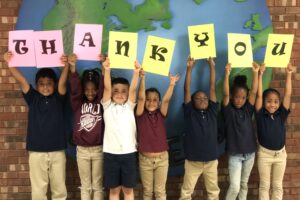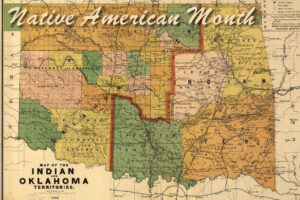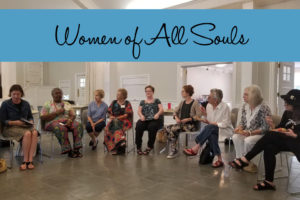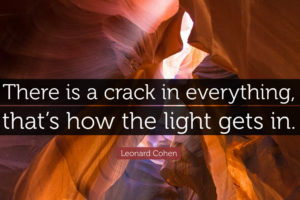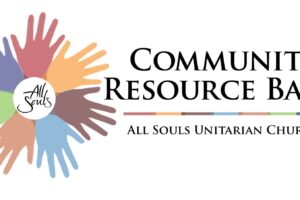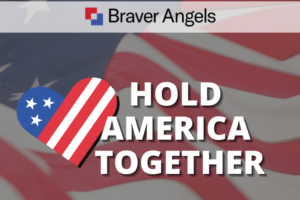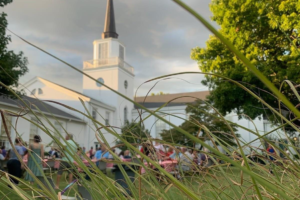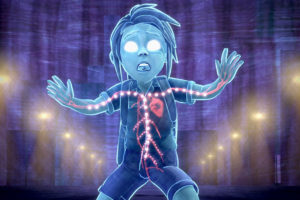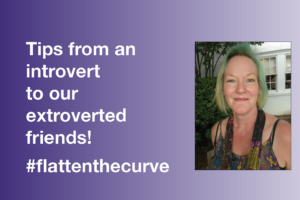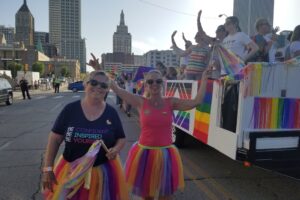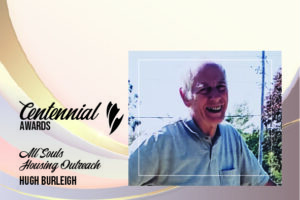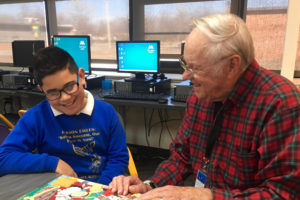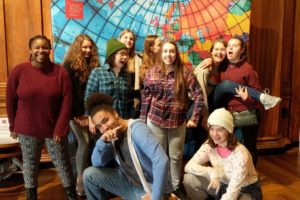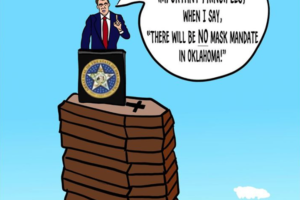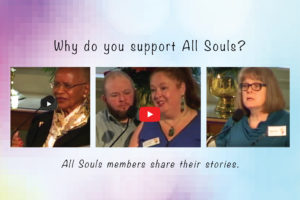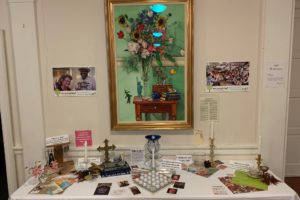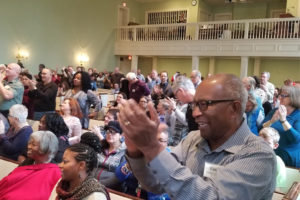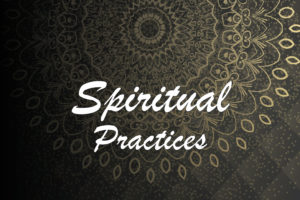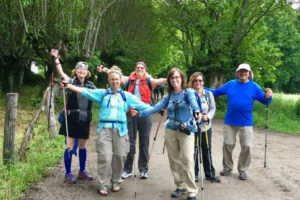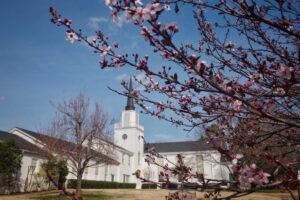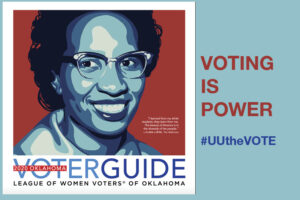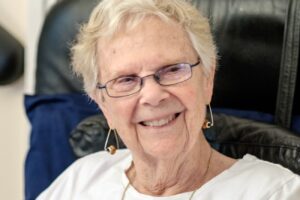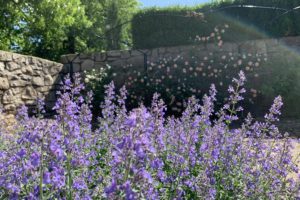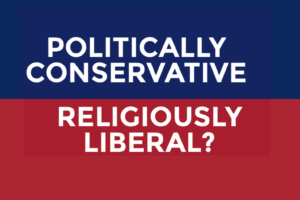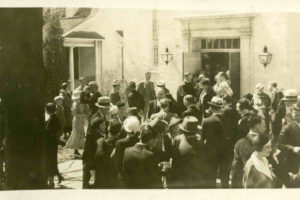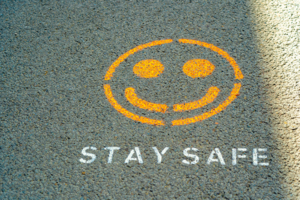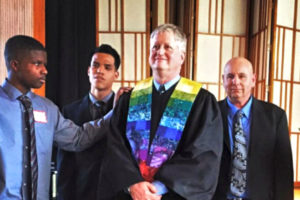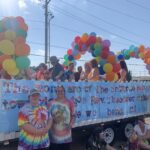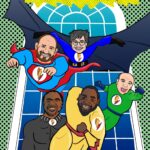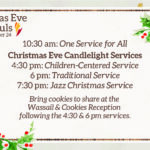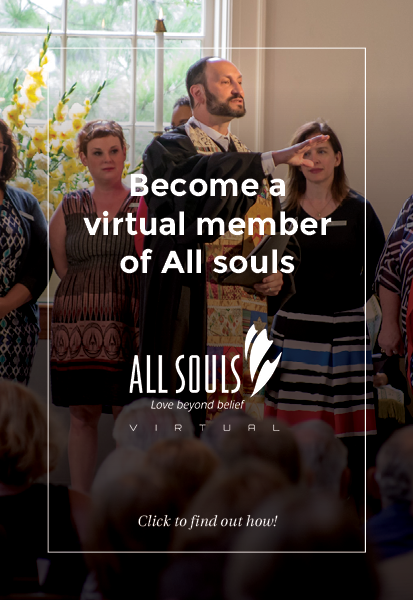By Earl Goodman Jr –
“Humanism is a philosophical and ethical stance that emphasizes the value and agency of human beings, individually and collectively, and generally prefers critical thinking and evidence (rationalism, empiricism) over established doctrine or faith (fideism). The meaning of the term humanism has fluctuated, according to the successive intellectual movements which have identified with it. Generally, however, humanism refers to a perspective that affirms some notion of human freedom and progress. In modern times, humanist movements are typically aligned with secularism, and today “Humanism” typically refers to a non-theistic life stance centred on human agency, and looking to science instead of religious dogma in order to understand the world.” – See for example the 2002 Humanism issued by the International Humanist and Ethical Union, or the British Humanist Association‘s definition of Humanism
I have determined that I was a Humanist long before I knew what it was and before I had ever even heard of it. And I blame it all, my humanistic attitude, on my Mom.
She was the catalyst to teaching me to think in terms of caring for and creating good relationships with others. She was a staunch supporter of the liberal Adlai Stephenson back in the ‘50s and a Brooklyn Dodger supporter, the people’s team (versus the New York Yankee pin stripe Wall Streeters).
She emphasized to my sisters and me to “not put other people down”, and just as important – and this was her genius – not to over aggrandize people, because by overly praising a person or a group, you are hopefully unintentionally putting others down.
Another very, very important lesson from her was for us not to be “color- struck”, that we should defy an old slavery mentality. A color struck person is one who praises and prefers lighter skin over darker skin, loose curly hair over kinky hair, etc.
Both of these lessons were very important to my developing a keen sense of and relationship to my surrounding humanity, leading to my practice of humanism, unintentionally, at least on my part. I think my Mom would think differently.
Again, early in my life, a belief in a God just did not make sense. There was no rational or empirical evidence. As a child, I wondered that if all life was destroyed in a flood, what happened to the fishes? Or did people really live 900 years? It just made no sense, so I became an atheist at a very young age.
Then I went off to engineering school, which led to even more rational, empirical, and critical thinking. I questioned it all, pretty much using the Rene Descartes method of reevaluating virtually everything I had learned and heard, relative to rationalization and empiricism. I later went to graduate school in Urban Planning to soften the sharp edges of an Engineering degree, which led me even more toward Humanism, with the Urban Planning emphasis on social justice and empirically proven methods for rectifying inequality and injustice.
I came to the Unitarian church because there were lots of people who too were Secular Humanist and thought like me. But since I was unchurched most of my life, until 30+ years ago when we joined Hope and then All Souls, I brought little baggage of past bad church experiences, which again led to my being perhaps a little more tolerant of others because of my lack of exposure to their bad religious habits.
By the time I got to Unitarianism and found so many others who shared my thoughts and feelings, I knew I was on the right track, Secular Humanism.
I like to think that my first spiritual activity that exhibited my Humanism was my involvement in the Civil Rights Movement where we picketed, set-in, jailed-in, and eventually marched on Washington. The success of these activities boosted my confidence that Secular Humanism was for me, since personally there was no belief in God behind my actions, and still I achieved successes. Plus what kind of God would have put us in the position of having to take these actions toward social justice?
Other Humanism related activities that I consider to be very spiritual for me include:
Music, primarily Jazz, specifically Smooth Jazz – to the point that the music for my memorial service will be smooth jazz and lots of joy and dancing. I remember as a teenager, I would go down to Seabreeze on a Saturday night to dance and party, and then on Sunday morning, I could see through the church window on the corner, some of the same people, doing virtually the same dances, but to religious versions of the music I had just heard the night before. This scene reinforced my disbelief in a deity. But my favorite music venture was a Smooth Jazz Cruise with Marcus Miller, David Sanborn, Brian Culbertson, Natalie Cole, et al, one of the most spiritual humanistic venture I have ever had – more than 2100 people, all in harmony, all acting in agency as individuals and with each other, all enjoying what each liked most – smooth jazz.
Work – I spent most of my career in Marketing, which is a helping profession with an emphasis on Customer Relations, a very humanistic activity. I also worked and taught as a college professor in Information Technology, another helping profession.
Social Justice and Volunteer Activities – from the American Lung Association Board to help fight smoking to St. Francis Hospital in the Cancer Treatment Center to help patients receiving infusions; the All Souls Children’s Advocacy Team (CAT) that adopted Jackson Elementary to the All Souls Board of Trustees, where I chaired the Budget Committee; heading up the African American Male Student Retention Initiative at Tulsa Community College (TCC) to teaching TCC Computer Science classes at Dick Conner Correctional Center; and leading and participating in the Great Decisions Foreign Policy Association program at All Souls to Program Chair with the All Souls Evening Alliance program.
Group Activities – including Line Dancing, Friday Adventurers, Friday Lunch at Maxwell’s, and Local Souls.
Family and Traveling – since I have no family here in Tulsa, and most tend to not come this way, I find that I have to make the visits. But that’s not too bad, since most of my family is in Wilmington NC, near the ocean. So, my family visits are true vacations for me. One of the most memorable visits for me was at a family reunion when I was in charge of putting together a family tree. As I was gathering the necessary data for the tree, I had some who said certain lineages could not be revealed. So I developed two different Family Tree books, the white book that had the family lies and was published, and the Black book with the truth which I continue to keep as a secret. To this day, I still have many clamoring for the Black book. And since I enjoy road trips, I have visited many other parts of the U. S., my most memorable and recent trip to date is our “Straight North” venture, which took us to Winnipeg Manitoba Canada where we visited the Human Rights museum, another one of my truly most humanist spiritual activities, being surrounded by the exhibits of the world-wide history of human rights.
But the most spiritual humanistic activities of all are lots of interpersonal interactions that I hope make people “happy to be around me”.
And I would hope that in all of these activities, in all of my defined humanistic spiritual activities, that I diligently and sincerely solicited the agency of all the participants, the agency of all those I wished to help, and the agency of all those joining me in the efforts.
Short BIO
Earl Goodman Jr. has been a member of All Souls since the early 1980s. He and his wife Josie have three grown children who live in Seattle, Brisbane Queensland Australia, and Memphis. The two youngest, Asabi and Trés were raised in All Souls, participating in the Children’s Choir and a myriad of other children and youth programs. You will definitely see him in the annual All Souls Great Decisions program from late January to early April, and he typically attends the Point, and participates in Evening Alliance, Life Decisions, and Local Souls.

